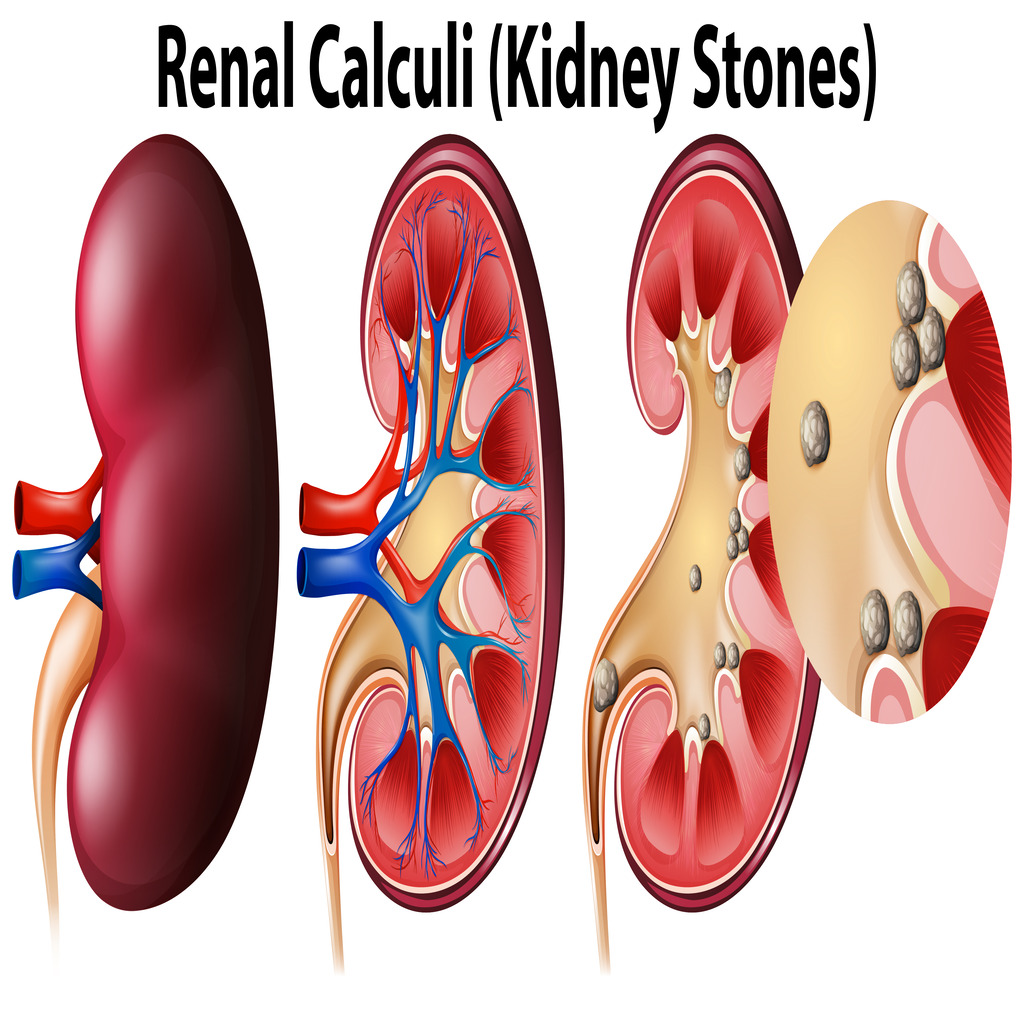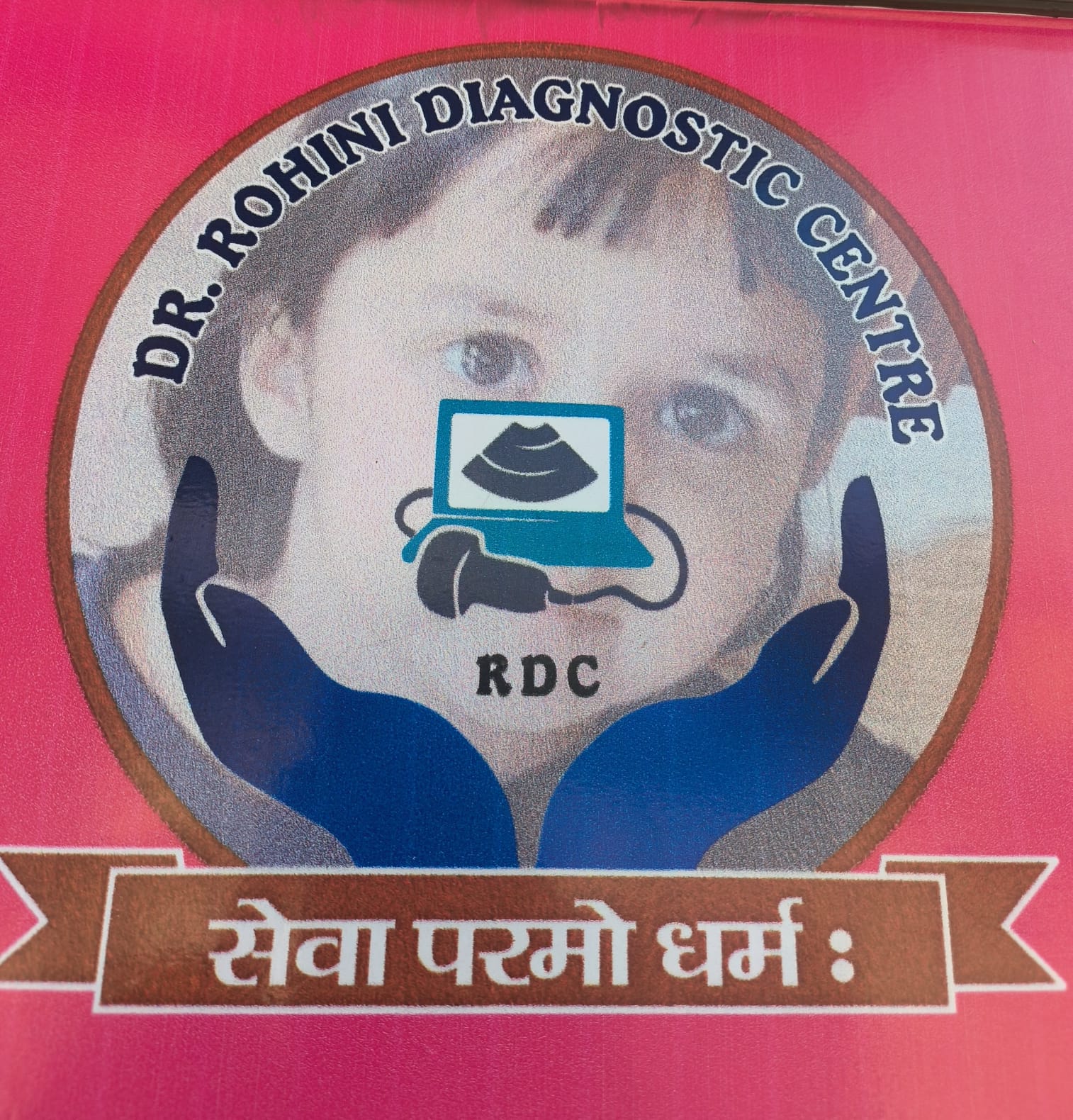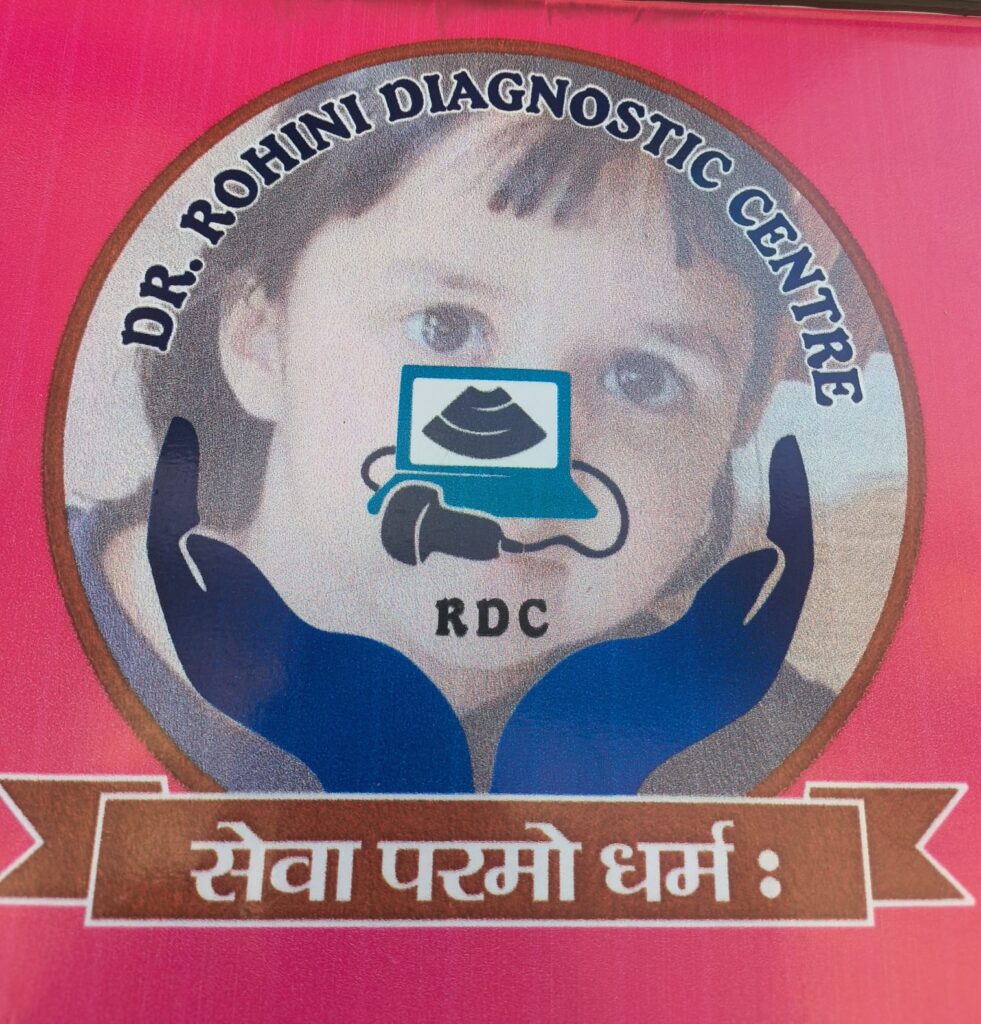Renal Scintigraphy for Kidney Function Evaluation

Quantitative Assessment of Renal Function
- Dynamic Imaging: Employing dynamic renal scintigraphy to assess the perfusion, filtration, and excretion of radiopharmaceuticals by the kidneys over time, providing quantitative data on renal function.
- Glomerular Filtration Rate (GFR) Measurement: Calculating GFR using parameters obtained from renal scintigraphy, offering a reliable and non-invasive method for assessing overall kidney function and estimating renal clearance.
- Evaluation of Differential Function: Determining the relative function of each kidney through split renal function analysis, crucial for diagnosing renal asymmetry, obstruction, or determining candidacy for renal surgery.
Detection and Characterization of Renal Disorders
- Identification of Renal Parenchymal Abnormalities: Visualizing renal parenchymal lesions, scars, or masses through static renal scintigraphy, aiding in the diagnosis of conditions such as renal cysts, tumors, or renal artery stenosis.
- Assessment of Renal Obstruction: Detecting and characterizing renal obstruction or urinary tract obstruction through dynamic imaging and diuretic renal scintigraphy, facilitating the diagnosis and management of hydronephrosis, ureteral obstruction, or vesicoureteral reflux.
- Evaluation of Renovascular Diseases: Assessing renal perfusion and vascular abnormalities using renography with pharmacological interventions such as captopril or furosemide, valuable for diagnosing renovascular hypertension or renal artery stenosis.
Personalized Treatment Planning and Follow-Up
- Guidance for Therapeutic Interventions: Providing valuable information for treatment planning, including the selection of appropriate medical therapy, surgical intervention, or renal artery revascularization procedures based on the findings of renal scintigraphy.
- Monitoring Response to Treatment: Performing serial renal scintigraphy studies to monitor changes in renal function, perfusion, and obstruction following therapeutic interventions, guiding adjustments in treatment and optimizing patient outcomes.
- Collaborative Multidisciplinary Care: Working in conjunction with nephrologists, urologists, and other specialists to ensure comprehensive evaluation, management, and follow-up of patients with renal disorders, promoting coordinated and patient-centered care.



